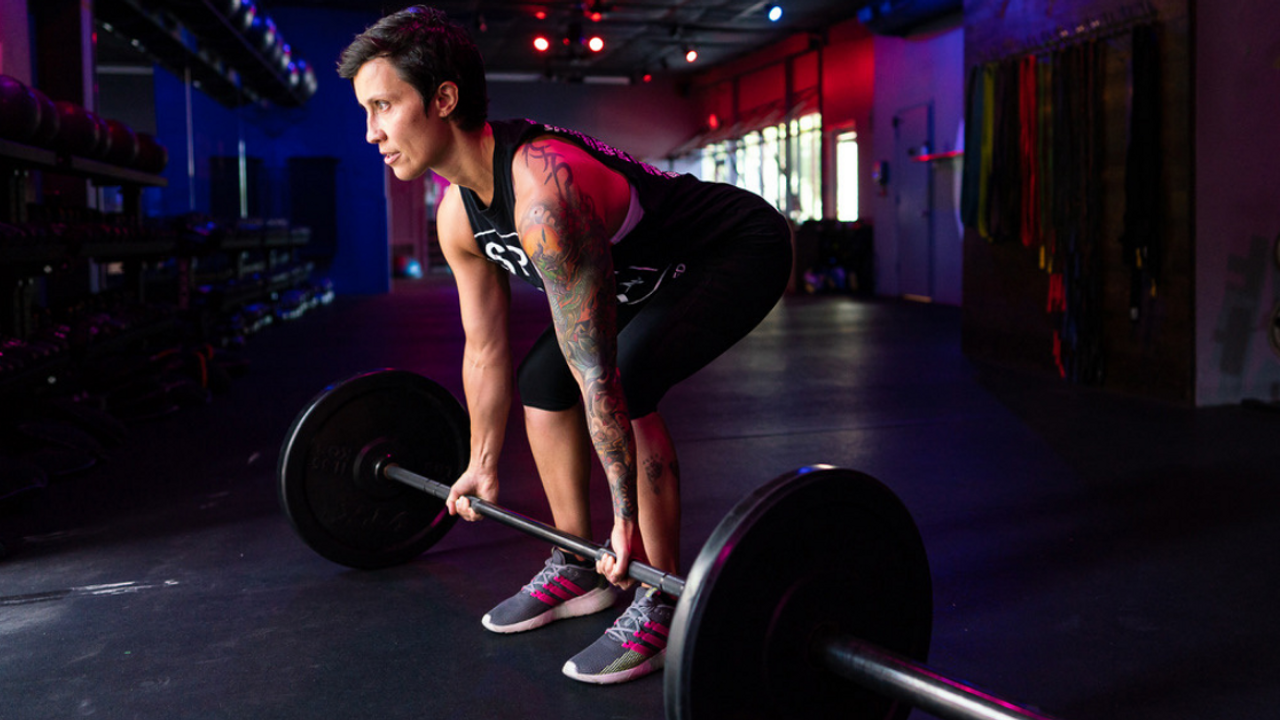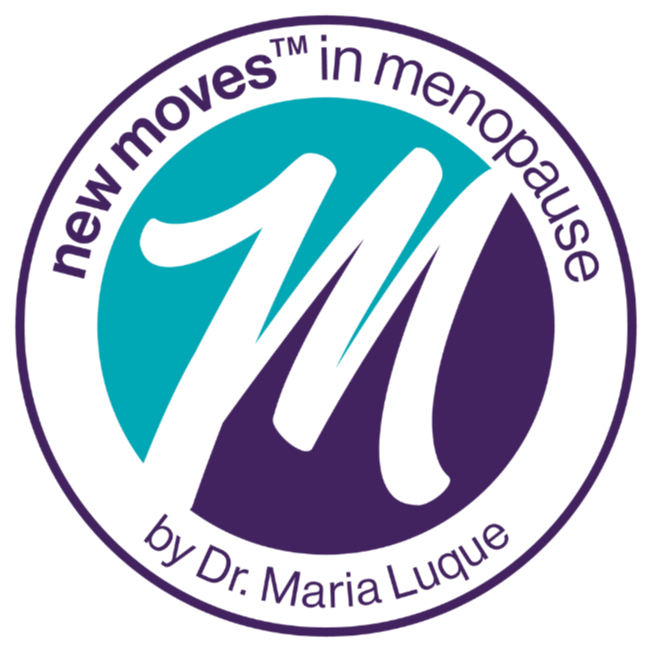Menopause Fitness Moment: Benefits Of Heavy Lifting During Menopause
Dec 08, 2021
Women often shy away from lifting heavy for fear of getting too bulky. The truth, however, is that lifting heavy can make you stronger and leaner without adding size. Use a weight that you can only lift for five or fewer repetitions for this to happen. Lifting heavy for higher repetitions can increase muscle size, which is also lovely. I like to mix in both formats to give my body variety. So once per week, I will lift very heavy with a weight that keeps me under six repetitions, and the rest of the week, I keep my other workouts at a higher repetition range (8-12). It is important to note that if you choose to go very heavy, you have to give your body adequate time to rest. My recommendation is not to exceed one very heavy lifting session per week. Without proper rest, you are putting yourself in danger of injury.
Here are a few reasons you should be lifting heavy:
Increases in Growth Hormone (GH)
GH is a hormone secreted by the pituitary gland, and one of its most essential functions is stimulating the breakdown of fat and protein, and carbohydrate metabolism. It naturally declines with age. Overall, it is a critical player in developing lean muscle mass and burning fat. For women over 35, increasing GH can be especially beneficial because the natural aging process combined with menopause accelerates muscle and bone loss.
Helps Increase Resting Metabolic Rate
Resting metabolic rate (RMR) is the energy (calories) required to keep your body functioning at rest. It declines as a part of the normal aging process. By taking steps to increase your RMR, you are making your body burn more calories in a resting state. This is a good thing! Resistance training, especially heavy resistance training, is linked to increased RMR.
Evidence from many studies indicates that strength training is associated with significant improvements in body image and self-esteem. I can add to the science my personal perspective in sharing that after 20 years of working with clients, I have noticed one common denominator: regardless of the initial motivation for exercising, every single person has felt better because they felt stronger and more capable. There is something very empowering about being able to do things you weren’t able to do.
he combination of declines in testosterone, estrogen, and GH is known to contribute to increased abdominal visceral fat, which is another reason to get some heavy lifting in!
Most importantly, BECAUSE IT FEELS SOOOOOO GOOD!!




